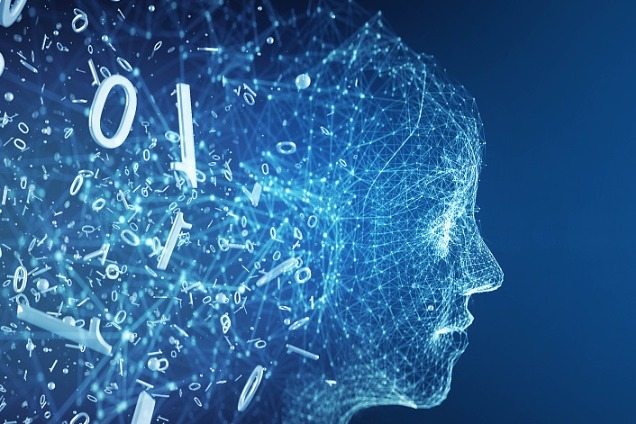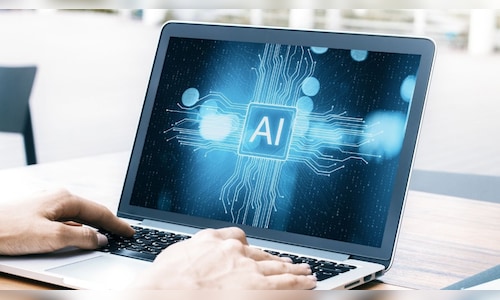
The recently released artificial intelligence model Sora, created by research organization OpenAI, has caused a sensation in the tech sector with its ability to generate videos of up to a minute in length based on brief text instructions.
Some industry insiders said that Sora will bring revolutionary changes to content creation as well as the entertainment and education industries, while causing concern among regular workers about their future amid constantly improving AI technologies.
The quickly changing situation has prompted some employees to adapt through proactive steps to use AI in their work.
Generative AI, which allows enterprises to create new products more quickly, may become a major, uncontrollable factor in the job market, and experts and industry insiders are advising the average worker to gain more digital working skills.
The online career networking platform LinkedIn said in a recent report that last year, generative AI affected more than 500 working skills worldwide, such as data analysis and visual content creation. The application of generative AI is projected to affect 65 percent of people’s working skills by 2030, the report said.
Yang Jing, 32, an illustrator in Beijing, said that she and her colleagues are worried about their future. “We have been jittery since we watched online videos that showed AI tools being used to make superfast illustrations. News reports about AI replacing average workers in the near future are making us anxious.”
She recalled that one of her friends who is an animator for a gaming company in Beijing almost lost her job last year. “I can’t say that AI has fundamentally changed our lives yet, but it is very likely to affect our careers in the future,” she said.
Yang’s fears are not unfounded. Many employers are showing a growing interest in AI, and job seekers with AI working skills are likely to gain more interview invitations.
According to recruitment portal Liepin, the number of job openings requiring AI-related skills rose by nearly 180 percent on the platform between January and October last year.
Li Qiang, vice-president of Zhaopin, another recruitment portal, said the employment market is currently dynamic, with new professions emerging and old ones being replaced because of technological advancements.
“Just like previous digital technology innovations replaced lower-level, low-wage workers, the advent of large language model AI tools has a substitution effect on white-collar jobs, or relatively high-paying, knowledge-based, high-income jobs,” Li said.
In July, Zhaopin and the National School of Development of Peking University jointly released a report that listed several professions expected to bear the brunt of AI, including financial auditing, interpretation and banking. On the other hand, workers involved in domestic services, catering and nursing face the lowest possibility of replacement.
For the first time, the development of AI tools is threatening to replace high-paying, white-collar jobs, instead of the labor-intensive jobs that were affected during previous technological revolutions, according to the Zhaopin report.
The report further indicated that China is not fully ready to adjust its job market or labor supply resources with the development of AI, and some skills or knowledge-based jobs have started to take a hit.
To actively adapt to the changing job market, some employees — especially those born after 1995 — are making efforts to use AI in their daily work and turn the technological challenge into an advantage.
According to a recent survey by Zhaopin, 69 percent of employees have tried to use AI tools such as ChatGPT in their daily work, while only 7.7 percent have never heard about such tools.
“We need to see AI technology in a more objective and reasonable way, instead of panicking or worrying. What we average people need to do is embrace it with a positive attitude, and keep learning to strengthen our personal working abilities,” said Li, the Zhaopin vice-president.
“Digital technology may grow to become an essential working skill, like using office software, so we encourage job seekers to put in extra efforts to acquire more knowledge of digital and AI technologies,” he said.
“However, AI is not omnipotent, so job seekers and employees can enhance their ‘soft skills’, such as emotional competence, to make themselves more competitive in the market,” he added.
Yang, the illustrator, said that although AI has changed and will keep changing the industry, it cannot replace the human touch and personal improvisations in artwork.
“We can neither overlook nor overestimate AI,” she said. “As humans, we have to be more diversified. Maybe AI will have emotions in the future, but as of now, it is just a tool serving people’s needs. It is never wrong to keep learning.”





